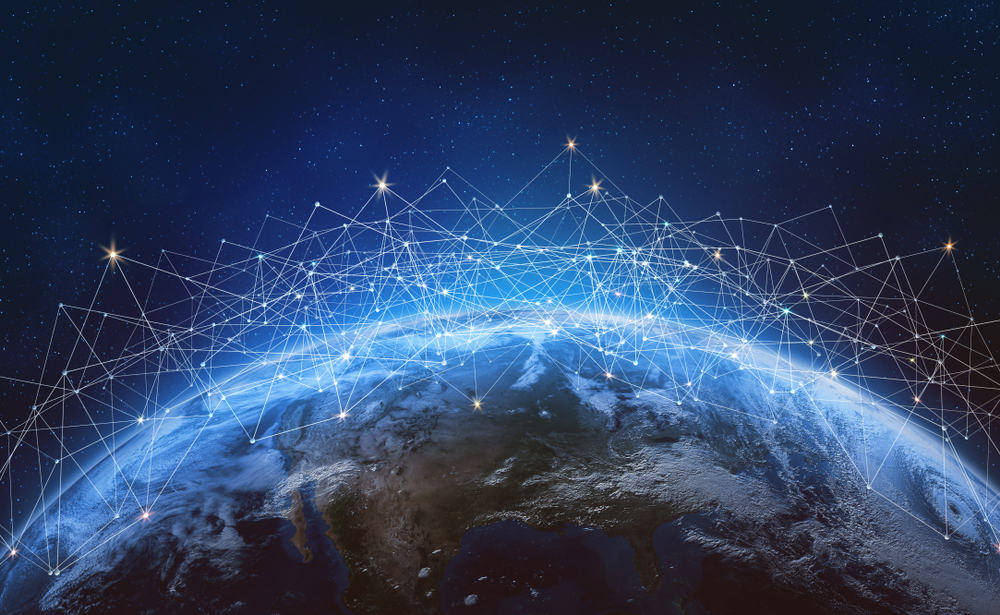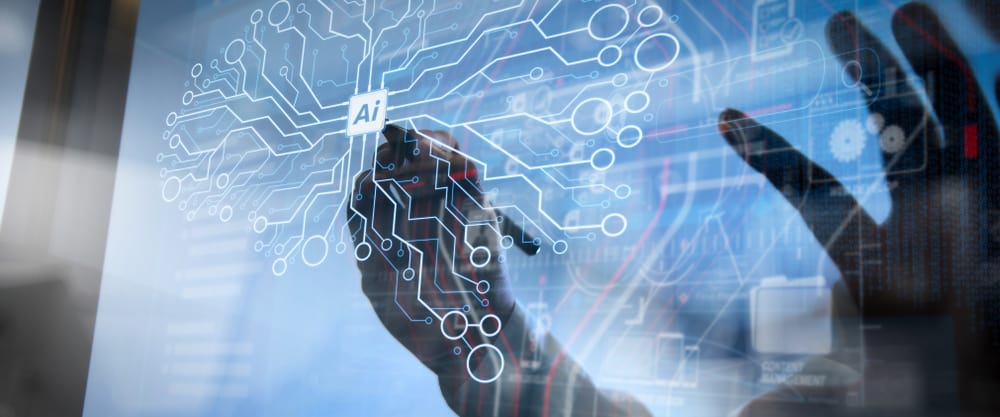
Contents
- 1 How artificial intelligence will change the world
- 2 How will AI affect jobs and the economy?
- 3 How will artificial intelligence affect society and the future?
- 4 How Will AI Affect Jobs – How many jobs will AI replace by 2030
- 5 What jobs are most likely to be automated?
- 6 Which jobs will not be replaced by AI?
- 7 How to embrace AI and learn the skills
- 8 Learn from a next-gen university that embraces change
- 9 Conclusion
How artificial intelligence will change the world
Will artificial intelligence (AI) help or hurt society? This question has sparked an ongoing debate, with supporters and skeptics voicing their opinions. Market research analysts predict that AI has the potential to bring about numerous positive changes, such as enhanced productivity, improved healthcare, and increased access to education. However, others argue that AI and robotics could have a disruptive impact on jobs. So, what does the future hold? Let’s dive in.
How will AI affect jobs and the economy?
According to the McKinsey Global Institute, the adoption of AI could result in an additional $13 trillion of economic activity globally by 2030. This translates to around 16% higher cumulative GDP growth compared to today. The impact of AI will mainly come from the substitution of labor by automation and increased innovation in products and services. The institute estimates that by 2030, about 70% of companies will have embraced AI technologies, but less than half will have fully absorbed them. Forbes even suggests that AI has the potential to be one of the most disruptive technologies across global economies.
How will artificial intelligence affect society and the future?
Forbes highlights that AI brings endless possibilities and applications that can greatly simplify our lives. Bernard Marr & Co also emphasizes that AI will have far-reaching economic, legal, political, and regulatory implications across various industries. Additionally, AI-powered technologies can enhance productivity, improve healthcare, and provide increased access to education. Embracing AI can help solve complex problems and make daily tasks easier and more convenient.

How Will AI Affect Jobs – How many jobs will AI replace by 2030
Artificial intelligence has the potential to replace around 300 million full-time jobs, according to a report by Goldman Sachs. It is predicted that AI could automate a quarter of work tasks in the US and Europe, resulting in new jobs and a productivity boom. Furthermore, the report suggests that AI could increase the total annual value of goods and services produced globally by 7%. Researchers from the University of Pennsylvania and OpenAI found that some white-collar workers earning up to $80,000 a year are most likely to be affected by workforce automation.
What jobs are most likely to be automated?
Several job roles are more susceptible to automation due to the repetitive nature of their tasks:
- Customer service representative: AI can automate responses to frequently asked questions.
- Receptionists: AI-powered robots can manage reception tasks and handle calls.
- Accountants/Bookkeepers: AI-powered bookkeeping services automate accounting tasks.
- Salespeople: Advertising and retail activities have shifted to web and social media landscapes.
- Research and analysis: AI can streamline data analysis and research processes.
- Warehouse work: Automation helps streamline order fulfillment in the growing online sales industry.
- Insurance underwriting: AI automates data analysis to assess insurance applicants.
- Retail: Self-checkout stations reduce the need for employees at registers.
Which jobs will not be replaced by AI?
Certain jobs are less prone to disruption by AI due to their complexity and human factor involvement:
- Teachers: Teaching requires human inspiration and academic guidance.
- Lawyers and judges: These roles involve negotiation, strategy, and personal experience.
- Directors, Managers, and CEOs: Leadership requires human decision-making and vision.
- HR Managers: They play a crucial role in maintaining staff motivation and managing conflicts.
- Psychologists and Psychiatrists: Human touch and empathy are essential in mental health support.
- Surgeons: Surgical procedures require human expertise, experience, and decision-making.
- Computer System Analysts: Maintenance, improvement, and control of complex systems require human presence.
- Artists and writers: Creativity and artistic expression remain a domain of human competition.
How to embrace AI and learn the skills
Embracing AI and learning the necessary skills can help individuals stay ahead in the changing job market. LinkedIn suggests that individuals already have experience with AI without realizing it. Familiarizing oneself with AI can be done through courses, workshops, and staying up-to-date with industry trends. Developing soft skills, being agile and adaptable, and specializing in a particular area can also contribute to success in the era of AI.
Learn from a next-gen university that embraces change
Transitioning into an AI-driven job market requires agility and skills development. Nexford University offers online BBA and MBA programs specializing in AI. These programs equip learners with the skills needed to succeed in the competitive AI job market and avoid job loss. Nexford’s Workplace Alignment Model ensures that learners gain relevant skills based on the latest employer needs and market trends. By enrolling in these programs, individuals can embrace AI and stay ahead in an ever-evolving job market.
Conclusion
The impact of AI on jobs is a topic of debate, with some fearing job losses and others predicting the creation of new occupations. However, resistance to AI seems futile as it becomes increasingly integrated into our lives. AI offers promise in driving businesses forward, automating processes, and delivering valuable insights. Embracing lifelong learning, developing soft skills, being agile, and specializing in a particular area are vital for thriving in the era of AI. While AI may replace some jobs, it also presents ample opportunities for those who adapt and acquire the necessary skills.
Download our free report for a more in-depth analysis.







